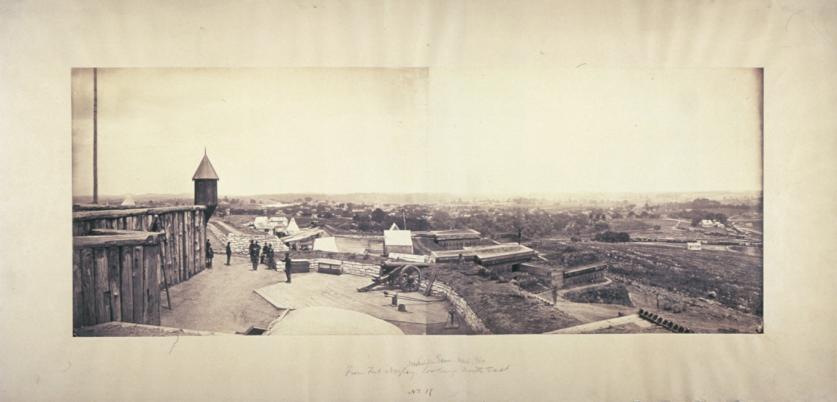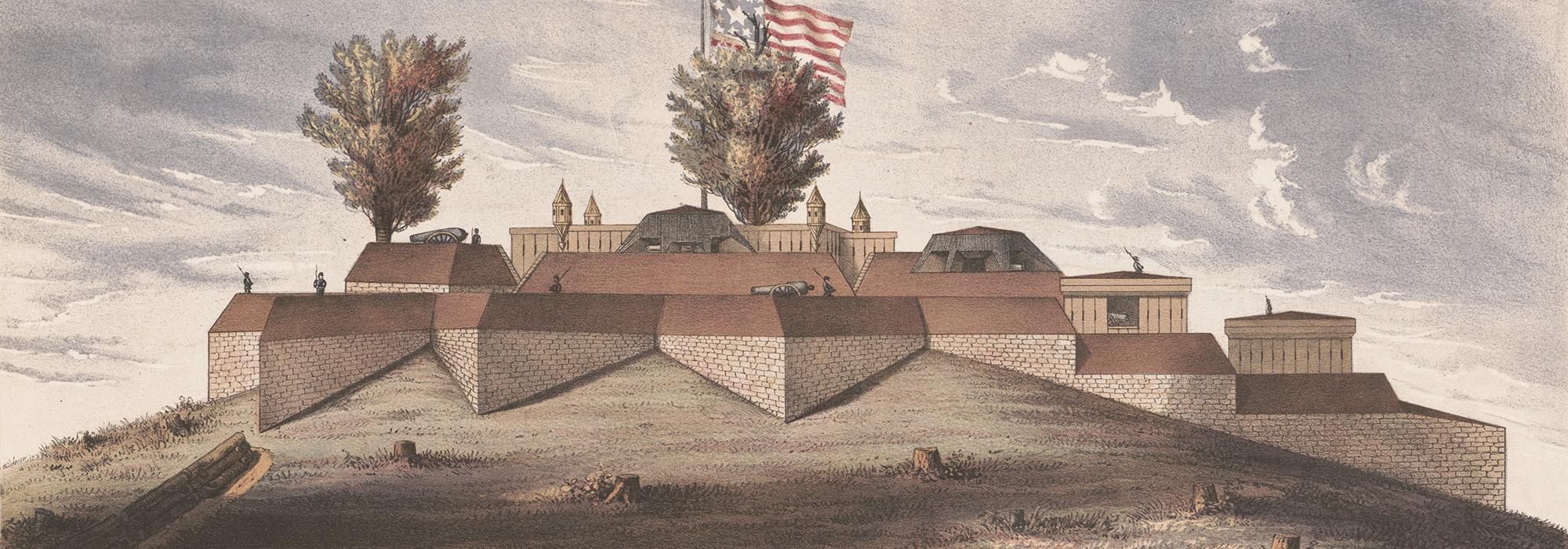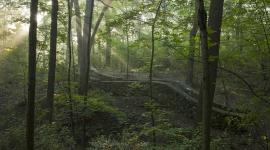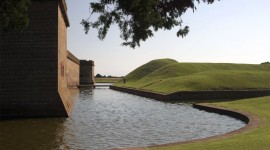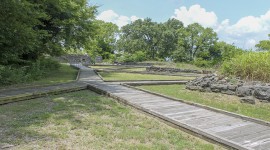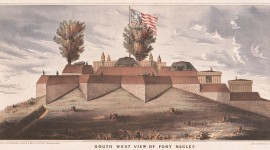Fort Negley Saved From Development
Fort Negley Park, a 55-acre city-owned park just south of downtown Nashville, Tennessee, is home to the largest inland masonry fortification built during the Civil War. The fort was constructed by African Americans who were either held as slaves or had fled from enslavement. The historic site was included in TCLF’s Landslide 2017: Open Season on Open Space after hundreds of residential units and retail spaces were slated to be developed on some 21 acres where Greer Stadium, the former venue of the Nashville Sounds baseball team, is currently located within the park. The baseball team abandoned Greer Stadium in 2014, and in May 2016, the City of Nashville selected the commercial real estate firm The Mathews Company (whose development was forwarded under the name Cloud Hill Partnership) to build the mixed-use development. The project was heavily supported by the Nashville mayor’s office. But, as was recently reported by the Associated Press, the company formally announced its withdrawal from the Greer Stadium project on January 12, 2018:
After several months of studying the extremely challenging site since being awarded the contract in May, it has become clear that several issues, including the appropriate yet still uncertain approach to archeology based on the recent report released by the city, have become more complex than anticipated. We have, therefore, concluded that our proposal is no longer viable and must be withdrawn.
The withdrawal from the project by Cloud Hill marks the end of a process that became even more controversial when an ethics complaint was filed in the summer of 2017 claiming that officials in the mayor’s office had unduly favored the company in the selection process. Then, summoned to appear before the Metro Board of Ethical Conduct, Councilman Colby Sledge revealed that he and other city officials had met with representatives of Cloud Hill at least twice prior to the city’s release of an official Request for Quotes (RFQ) in February 2017.
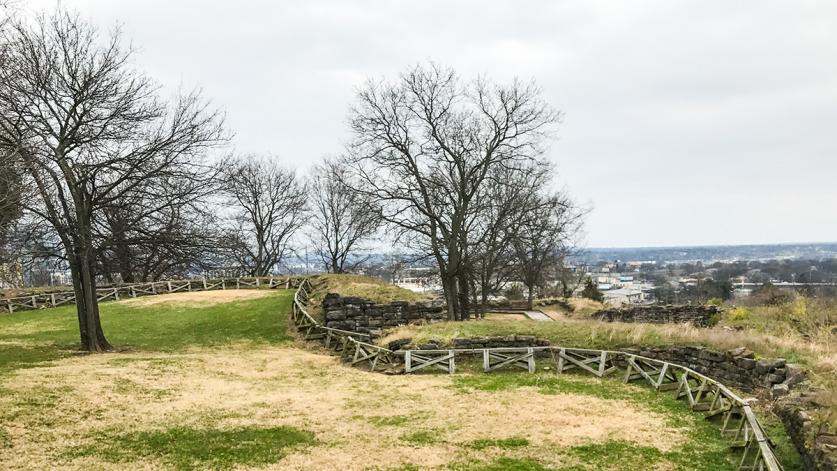
The archaeological study referred to in Cloud Hill’s recent announcement found what are believed to be graves at the site—likely those of the African American laborers who built the fort. The study further recommended “protecting and reintegrating a portion of the land into Fort Negley Park.”
On January18, 2018, Metro Nashville issued a new RFQ to develop a comprehensive cultural landscape report (CLR) for the park. The aim of the CLR is to “guide future land use and management of Fort Negley Park,” and it will “conform to the Secretary of Interior Standards for Treatment of Historic Properties and the Guidelines for Rehabilitation of Cultural Landscapes.” And as was reported in the Tennessean on January 26, country music star Kix Brooks will now lead efforts to fully reintegrate the Greer Stadium parcel into Fort Negley Park--one of the overarching objectives that TCLF and other advocacy groups have sought since the beginning of the fight to avert devlopment at the site. Brooks, a self-described Civil War buff, first lent his voice to that fight in December 2017, and he will now lead a coalition that will operate as a committee of the Friends of Fort Negley. Fort Negley was listed in the National Register of Historic Places in 1975 and was designated a local Historic Landmark District in 2005. It is Nashville’s only intact Civil War-era fort.
